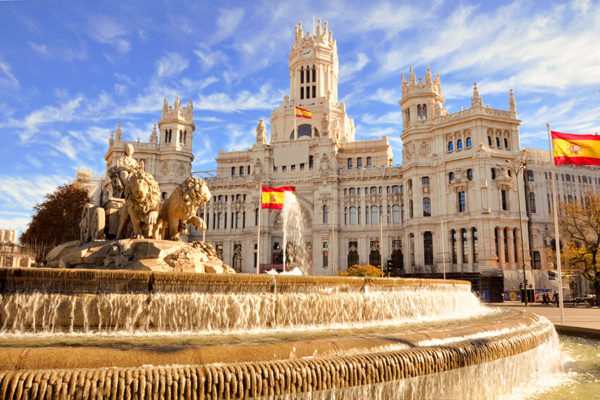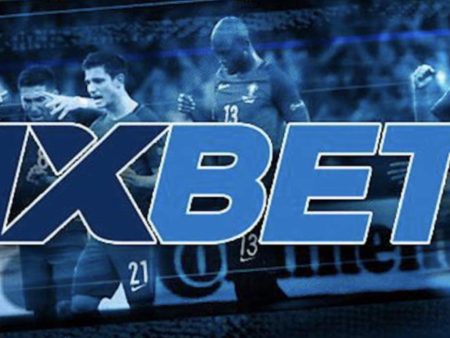
The approval of the new Influencer Law regulates the activity of users of special relevance. This approval is transforming the digital landscape in Spain.
Such figures will have to assume legal responsibilities, especially about the advertising of betting and gambling houses. The Ministry for Digital Transformation and Public Function, led by José Luis Escrivá, has established this.
According to Focus, he said at a press conference that it is fundamental to establish clear criteria for influencers. Escrivá emphasized the growing importance for Spanish Influencers on social networks to conduct their activities with existing regulations in the audiovisual field.
Starting today, influencers will be classified according to three specific criteria. These criterias are income, network activity and number of followers. These definition has direct implications for the obligations that fall on them, especially with regard to the protection of minors.
Individuals who generate an annual income of more than EUR 300,000 or $323,358. These are from their audiovisual activity and have one million or more followers on video-sharing platforms.
In order to prevent minors from accessing inappropriate content, it is imperative to adopt digital age identification tools. Influencers must label their content according to the age of their audience and collaborate with the CNMC (National Markets and Competition Commission) and the ministry to establish codes of conduct.
This new measure will require them to explicitly label advertising content and to stop from promoting products like tobacco, alcohol or medicines, and from making advertisements that may cause psychological or physical harm to minors.
We prohibit betting and gambling houses from advertising to minors.
There will be a period of two months to register in the State Registry of Audiovisual Providers and as a consequence, be able to formalize their work as Spanish Influencers.


